|
|
Schempp-Hirth
Martin Schempp founded his own company in Göppingen, Germany, in 1935, with the assistance of Wolf Hirth. The company was initially called "Sportflugzeugbau Göppingen Martin Schempp". In 1938, Wolf Hirth, mainly responsible for the design work, officially became a partner in the company, which then became "Sportflugzeugbau Schempp-Hirth". The company relocated to Kirchheim unter Teck the same year.
The company's first product was the Göppingen Gö 1 Wolf glider, conceived as a rival to the ubiquitous Grunau Baby, but real success came with the Göppingen Gö 3 Minimoa the same year.
In 1938, following a fatal accident at the mountain Wasserkuppe (Hessen, Germany), DFS held a competition to design a more effective speed brake for gliders. The final design, produced by Wolfgang and Ulrich Hütter of Schempp-Hirth, is used to this day and generally referred to as the "Schempp-Hirth brake".
During World War II, the company built DFS Habicht training gliders, as well as tailplane assemblies for the Messerschmitt Bf 109. The company also built a research aircraft, the Göppingen Gö 9 to investigate Claude Dornier's rear-mounted "pusher" propeller plans. With its cruciform tail, this aircraft was to be a stepping-stone towards the revolutionary Dornier Do 335 Pfeil.
After the war, forbidden by the allied occupation from building aircraft, the company manufactured beds, wheelbarrows, radio cabinets, and other furniture. In 1951, the prohibitions were lifted and the company returned to sailplane building.
Nimbus-2 | Janus |
Duo Discus |
Ventus-2
Schempp-Hirth Nimbus-2
The Schempp-Hirth Nimbus-2 is an Open Class glider built by Schempp-Hirth during the 1970s. The Nimbus-2 first flew in April 1971 and a total of over 240 examples of all subtypes have been built until the beginning of the 1980s.
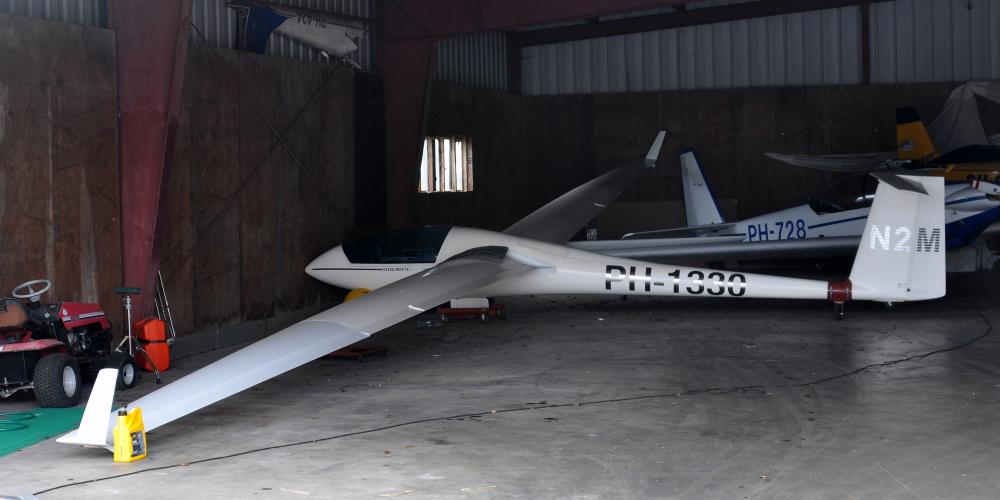
Schempp-Hirth Nimbus-2M, registration PH-1330, built ????, serial number 28
Vliegveld Hilversum (QYI/EHHV), Hilversum, Netherlands, 25 February 2017
Nimbus-2 | Janus |
Duo Discus |
Ventus-2
Schempp-Hirth Janus
The Schempp-Hirth Janus is a high performance two-seat glider. The design was by Dipl-Ing Klaus Holighaus and the prototype first flew in May 1974. The production examples incorporated several improvements in January 1975.
The Janus has a glass-fibre monocoque fuselage similar to that of the Nimbus-2 but the cockpit section is lengthened to accommodate the two pilots in tandem with dual controls under a right-hand side hinged one-piece canopy. Landing gear consists of either a non-retractable main wheel (Janus A, B and C) or a retractable main wheel (later models of Janus C and all Ce's) with a drum or disc brake, and a nose-wheel. The Janus has upper surface airbrakes, and although uncommon the Janus C could also be fitted with a tail parachute.
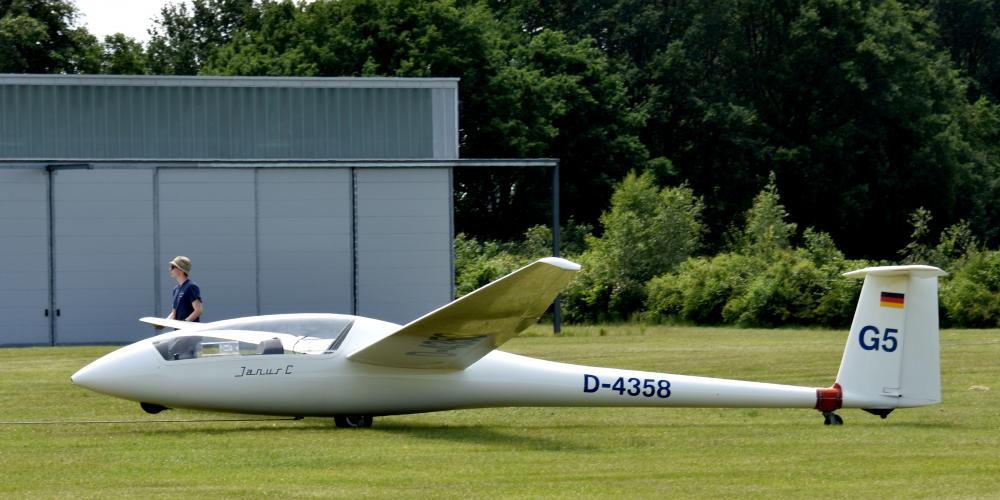
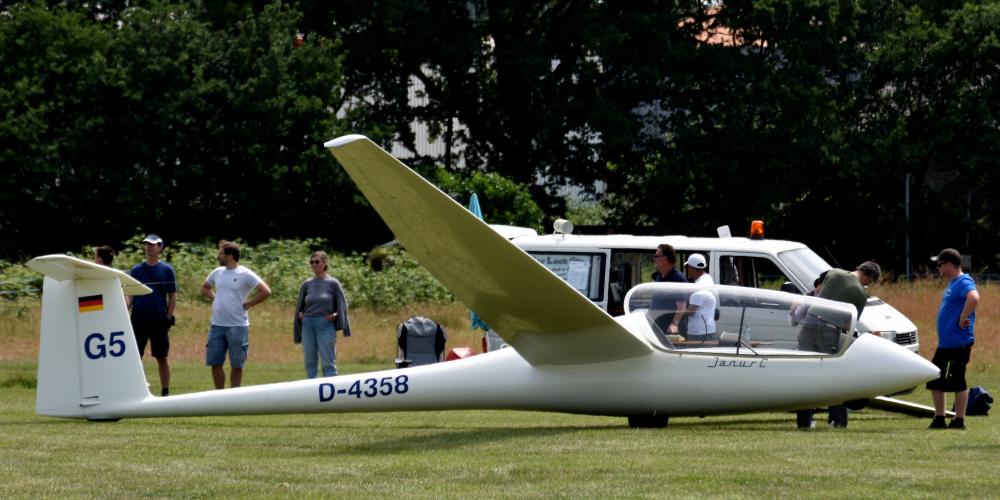
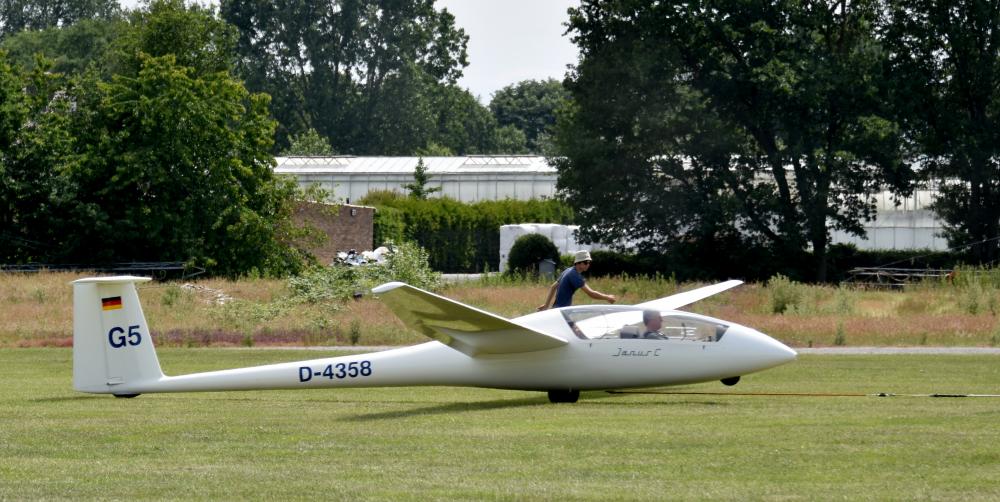
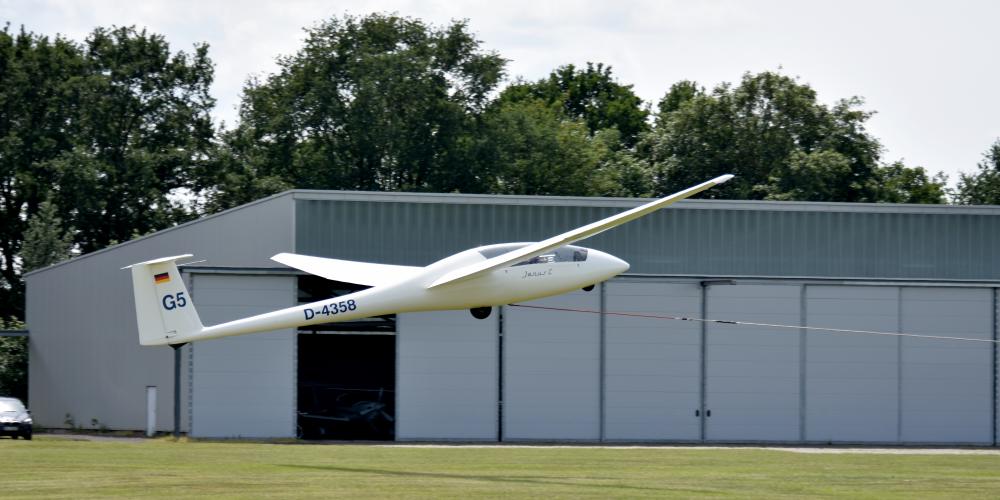
Schempp-Hirth Janus C, registration D-4358, built 1987, serial number 230
Flugplatz Asperden (EDLG), Asperden, Germany, 9 June 2018
Nimbus-2 | Janus |
Duo Discus |
Ventus-2
Schempp-Hirth Duo Discus
The Schempp-Hirth Duo Discus is a high-performance two-seat glider primarily designed for fast cross-country flying, including gliding competitions. Often, it is used for advanced training.
The Duo Discus replaced the Janus as Schempp Hirth's high-performance two-seater trainer. It has a four-piece wing with a span of 20 metres. As with most tandem two-seat gliders its wing is slightly swept forward so the wing root can be slightly aft to allow the rear pilot an improved view. Although it shares its name with the highly successful Standard Class Discus, any resemblance is only superficial. It first flew in 1993 and is still in production at the factory in Orlican in the Czech Republic.
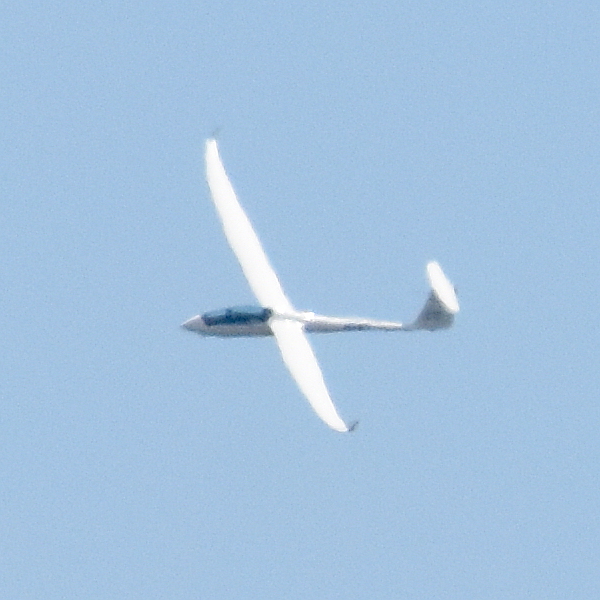
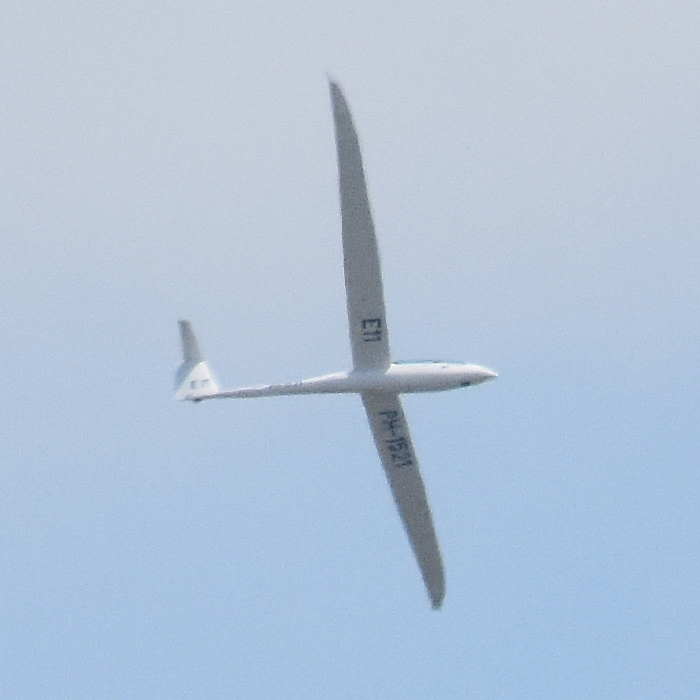
Schempp-Hirth Duo Discus XLT, registration PH-1521, built 2012, serial number 534
Overasselt, Netherlands, 31 May 2021
Nimbus-2 | Janus |
Duo Discus |
Ventus-2
Schempp-Hirth Ventus-2
The Schempp-Hirth Ventus-2 is a sailplane produced since 1994. It replaced the highly successful Schempp-Hirth Ventus.
The Ventus-2a and -2b are 15 metre sailplanes. The 'a' version has a narrow fuselage and the wider fuselage version is called the 2b. Winglets are used with these models. The 18 metre span Ventus-2c was introduced in 1995 but was almost an entirely different aircraft with a different fuselage and wings, but it has the option of shorter tips with winglets to fly as a 15-metre sailplane.
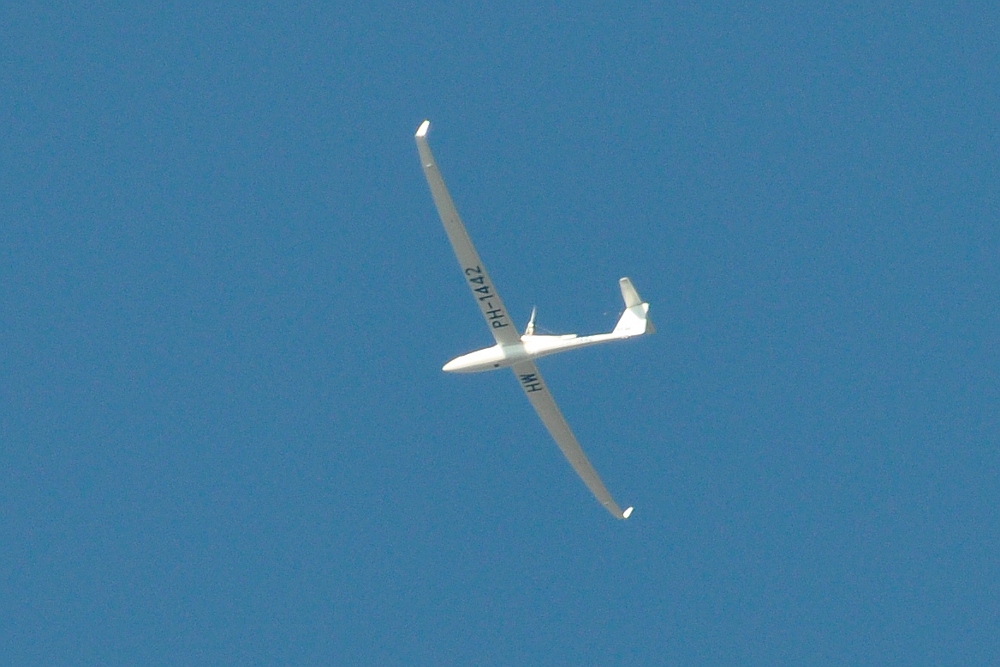
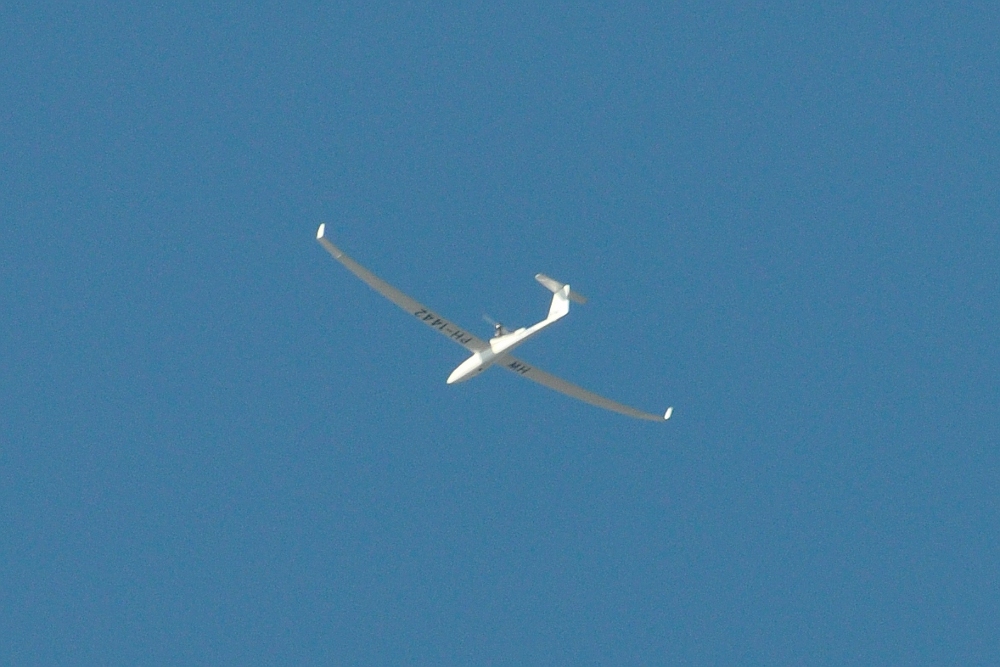
Schempp-Hirth Ventus-2cM, registration PH-1442, built 2009, serial number 230
Nijmegen, Netherlands, 9 September 2016
Nimbus-2 | Janus |
Duo Discus |
Ventus-2
|








